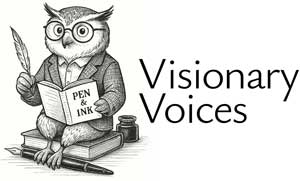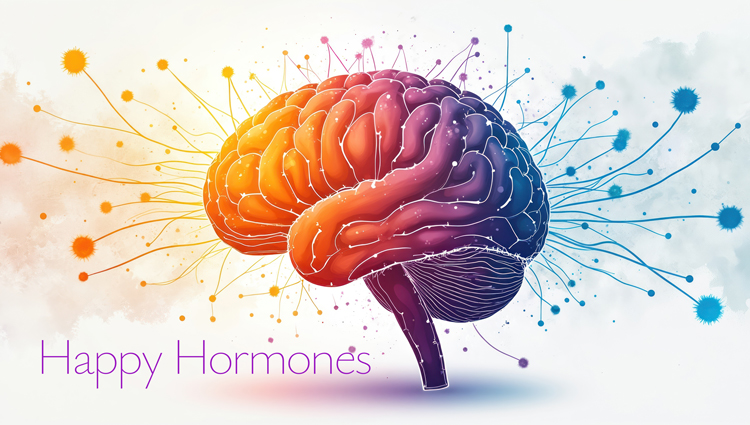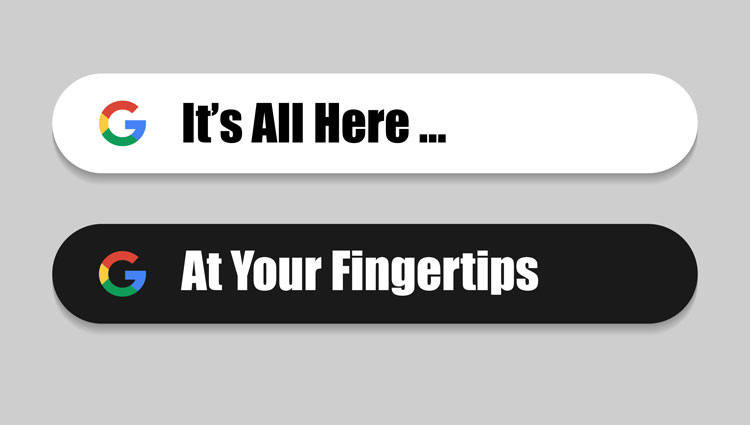What’s Fair for One May Not Be Fair for Another
Fairness is subjective. A 2021 study revealed that 70% of people earning under $50,000 a year felt the tax system was unfair, while only 30% of those earning above $100,000 shared the same view. What seems unfair to one person might appear entirely just to another.
Take taxation, for example. Many argue, “the rich should be taxed more,” but what defines being rich? Earning $100,000 a year? $1 million? Six years ago, while presenting to a local AFP (Association of Fundraising Professionals) chapter in Northeastern Pennsylvania, I asked, “What does the top 1% earn?” Responses ranged from $150,000 to $50 million a year. This wide gap highlights how financial literacy varies greatly. Without a clear understanding of income levels, judging wealth, fairness, or opportunity becomes challenging.
This knowledge gap is especially important for fundraisers, who operate directly in the financial realm. Accurate understanding is crucial for success in both personal and professional finance.
Knowledge is Power
Many elements of the system are neutral but require knowledge to leverage effectively. Financial literacy, legal awareness, and strategic networking often determine success more than systemic bias.
Consider the tax code. It can feel complex and punishing—but those who take the time to understand its intricacies often discover legal ways to minimize their tax burden. The system tends to reward those who learn its rules rather than those who dismiss it as unfair.
A simple question: Do you know how to read a basic profit and loss statement? Do you even know what that means? As a fundraiser, you’re in the “money business.” Mastering financial basics gives you a powerful advantage.
Take Personal Responsibility
The narrative of systemic unfairness often overlooks how life circumstances are highly individualized. Two people from similar backgrounds can experience vastly different outcomes based on their personal choices, effort, and knowledge.
One individual might access scholarships, mentorship, or career opportunities because they learned how to seek them out, while another might remain unaware of the same options. Does that make the system unfair—or does it reflect differing levels of understanding and action?
Empowerment Through Perspective
Viewing the system as inherently unfair can be disempowering, fostering a mindset of victimhood rather than agency and accountability. Shifting focus from external blame to personal strategy can lead to better decisions and outcomes. Education, discipline, and mentorship can significantly tilt the odds in one’s favor—even in difficult environments.
Acknowledging Real Issues
This isn’t to dismiss genuine systemic challenges like discrimination, unequal access to quality education, and economic disparities. These issues are real and demand attention. However, labeling the entire system as unfair oversimplifies the matter and diminishes the importance of personal responsibility in overcoming obstacles.
Master the System
The system is a complex web of rules, opportunities, and challenges. It cannot be universally labeled fair or unfair because fairness is shaped by personal perspective and experience. What matters most is how effectively you learn to navigate it.
Knowledge, persistence, and adaptability often prove far more powerful than debating abstract notions of fairness. The real challenge isn’t in questioning fairness but in empowering yourself and others to master the system on your own terms.






